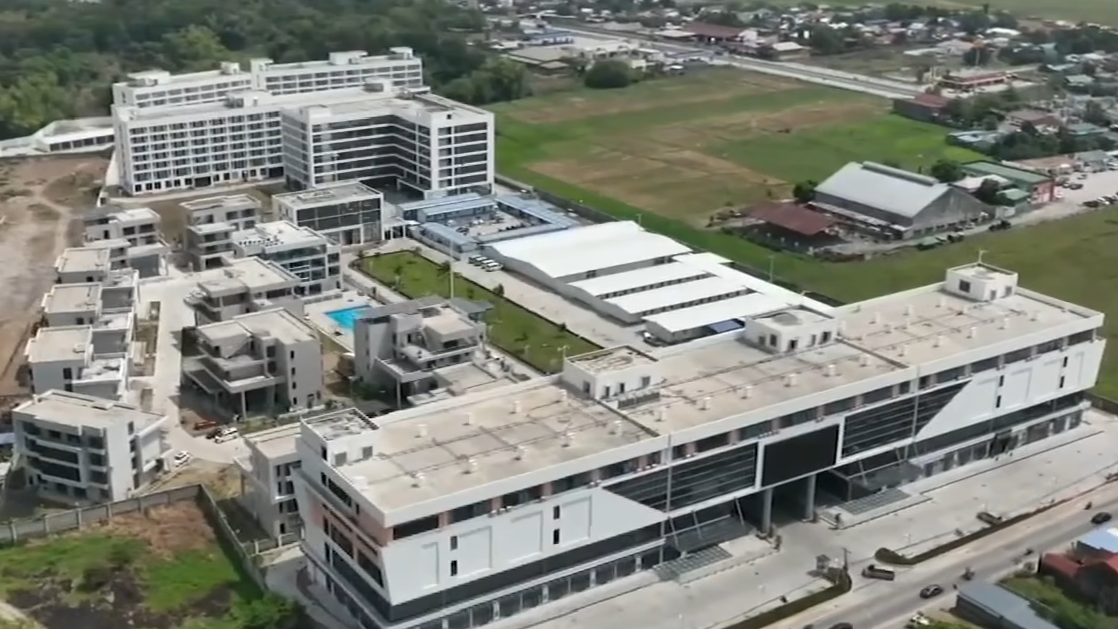PAGCOR: Outlawing internet gaming licensees can cause ‘bigger problems’

Amid calls to totally ban Philippine Offshore Gaming Operators (POGOs), the Philippine Amusement and Gaming Corporation (PAGCOR) on Wednesday said outlawing Internet Gaming Licensees (IGLs), formerly known as POGOs, could cause more harm than good.
In a statement, PAGCOR chairman and CEO Alejandro Tengco said outlawing IGLs would drive legitimate operators underground.
“If this happens, it would become harder for us to monitor them, and the number of illegal operators would grow and pose a bigger headache to our law enforcement authorities,” Tengco said.
“On top of these, the government will lose potential revenues of more than P20 billion annually, without any guarantee that illegal activities will stop,” the PAGCOR chairman added.
Tengco said when legitimate operators are banned, they will simply “hide and vanish” and bring with them their gaming equipment —computers and machines — to continue operations without government monitoring and supervision.
“We have no guarantee that, once we ban the legitimate operators, they will simply close shop and return to their countries of origin where they are likely to face prosecution and jail, or worse,” he said.
“So they will just go underground here in the Philippines and continue operating. Worse, they could join those who are engaged in illegal activities like scamming, hacking and other cybercrimes, which would cause bigger problems to us. Once they are underground, we lose control over them,” he said.
In an interview on Super Radyo dzBB, Tengco said there are about 255 former offshore gaming operators currently operating illegally in the country.
The PAGCOR chairman said the 255 POGOs had their overseas gaming licenses revoked in September 2023 due to their involvement in criminal activities.
“When I was appointed as chairman and CEO of PAGCOR, we had more or less than 298 licenses at that time. After some studies, we found that many of those who have this license were not operating as overseas gaming [operators],” Tengco said.
“They used PAGCOR’s license for criminal activities, such as credit card fraud, investment fraud, cryptocurrency fraud, love match and love scam fraud,” he added.
To differentiate legitimate operators from illegal POGOs, PAGCOR now refers to its overseas gaming operators as IGLs.
Tengco said the number of overseas gaming licensees has dropped significantly from 298 POGOs in 2023 to just 46 IGLs following its crackdown on those involved in illegal activities.
Out of the remaining 46 IGLs, the PAGCOR chairman said that three of them have since been suspended, resulting in a total of 43 active licenses today.
In March, authorities rescued more than 800 Filipinos and foreign nationals at a large POGO hub in Bamban, Tarlac after it was raided for alleged illegal activities that include crypto and love scams.
Last week, authorities rescued 158 Chinese, Vietnamese, and Malaysian nationals in a POGO hub in Porac, Pampanga.
The Presidential Anti-Organized Crime Commission (PAOCC) said there are around 300 Philippine Offshore Gaming Operators (POGO) illegally operating in the country.
Tengco said the recent incident involving a raid on a POGO hub in Pampanga pertained to a former POGO and not an IGL.
Moreover, while PAGCOR granted an IGL to an operator in Bamban, Tarlac, Tengco said the raided premises were not associated with the building declared by the licensed operator.
In his statement, Tengco reiterated that the real problem is the criminal syndicates masquerading as POGOs.
Nonetheless, he said the PAGCOR will respect whatever decision Congress will make on the issue.
“It is the prerogative of our lawmakers to outlaw IGLs, if they believe it will solve our problems,” Tengco said, adding that “it is only through intensified law enforcement and the cooperation of all sectors that we would be able to address the problem of criminality.”—RF, GMA Integrated News




